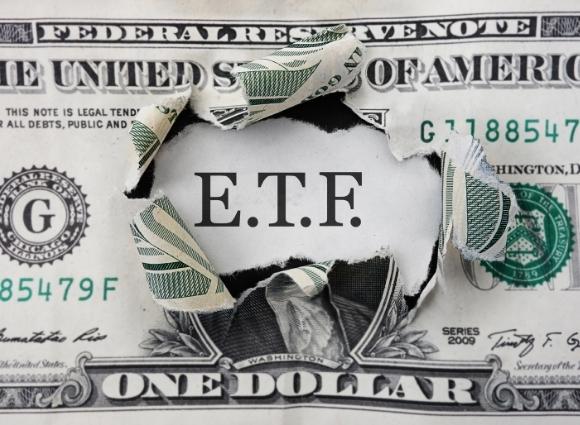
Know the Tax Treatment of Exchange Traded Funds
Exchange traded funds (ETFs) have exploded in popularity over the past few years, with around $5.4 trillion held in net assets in 2020. If you’re investing in ETFs, it’s important to understand the tax angles.
Comparison to Mutual Funds
Let’s start with the basics. ETFs are similar to mutual funds but have some key differences:
- Both mutual funds and ETFs provide an easy way to invest in a portfolio that tracks the performance of a particular index, a specific industry, commodity, or a geographic sector. Each owns multiple underlying assets, which allows for investment diversification. ETFs can own a variety of securities including stocks, bonds, and commodities.
- Like mutual funds, ETFs are managed by professional money managers who have defined investment objectives, such as capital appreciation or current income.
- A key difference is that the price of an ETF can change throughout the trading day, while a mutual fund is only valued at the end of the trading day after the markets close. This makes ETFs more liquid than mutual funds since they can be purchased or sold throughout the day.
- ETFs generally have lower expense ratios and broker commissions than mutual funds. ETFs that follow an index tend to have lower costs because they’re passively managed, while actively managed ETFs have higher fees.
- ETF shares are purchased directly through the stock exchange, just like publicly traded stocks. This means that stock purchase and selling strategies such as market orders, limit orders, stop orders, and buying on margin are available for ETFs . . . but not for mutual funds.
- Dividends in mutual funds must be paid out at least once a year, while ETFs holding dividend-paying stocks may pay out those dividends more frequently. ETF qualified dividends are taxed as long-term capital gains while nonqualified dividends are taxed as ordinary income. Higher-income individuals can incur an additional 3.8% net investment income tax over and above their regular tax rate.
- A key difference in the tax advantages of ETFs is the tax treatment of shareholder redemptions. Mutual funds must sell their underlying securities when shares are sold, while ETFs simply trade them on the market. This means that mutual fund shareholders may have to pay taxes on capital gains distributions, even if the value of the mutual fund itself has dropped. Tax consequences to ETF shareholders only occur upon the sale of the ETF or when the ETF pays a dividend.
Tax Treatment of Gains and Losses
If ETF investments are held for less than a year before being sold at a profit, the gain is subject to short term capital gains, taxed at ordinary income tax rates. If ETF investments are held for more than a year and incur a gain, it’s taxed at long term capital gains rates ranging from 0-20% (15% for most individuals). Different rules apply to long term capital gains from precious metal ETFs.
Losses incurred from ETF shares in a taxable brokerage account are treated as capital losses and can offset capital gains from other sources or deducted against ordinary income up to $3,000. Any additional net capital losses can be carried over to the following tax year.
Need More Information?
Contact your Mize tax advisor for more details on investing in ETFs in your taxable brokerage account.



